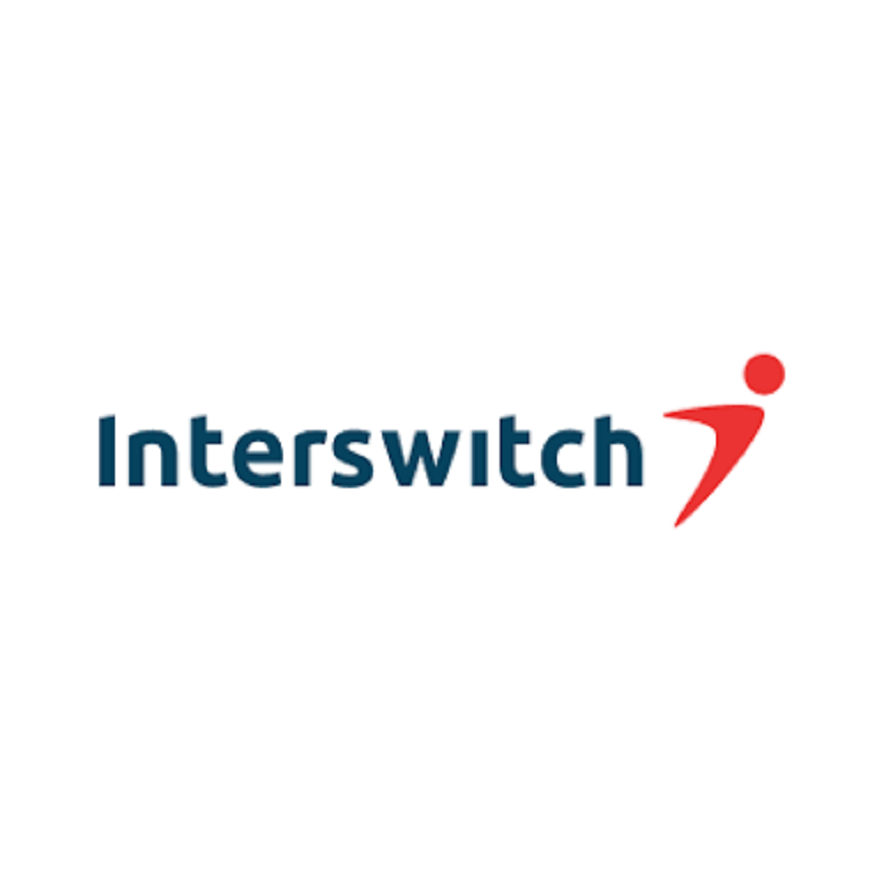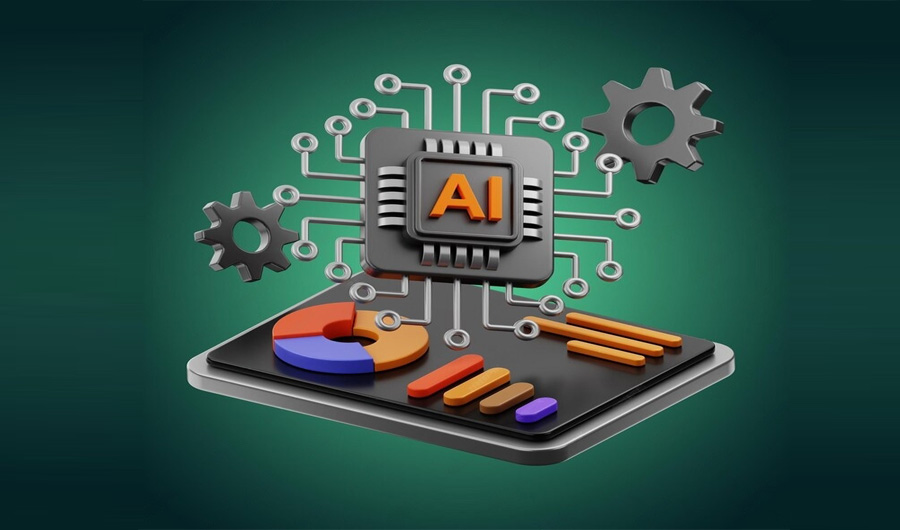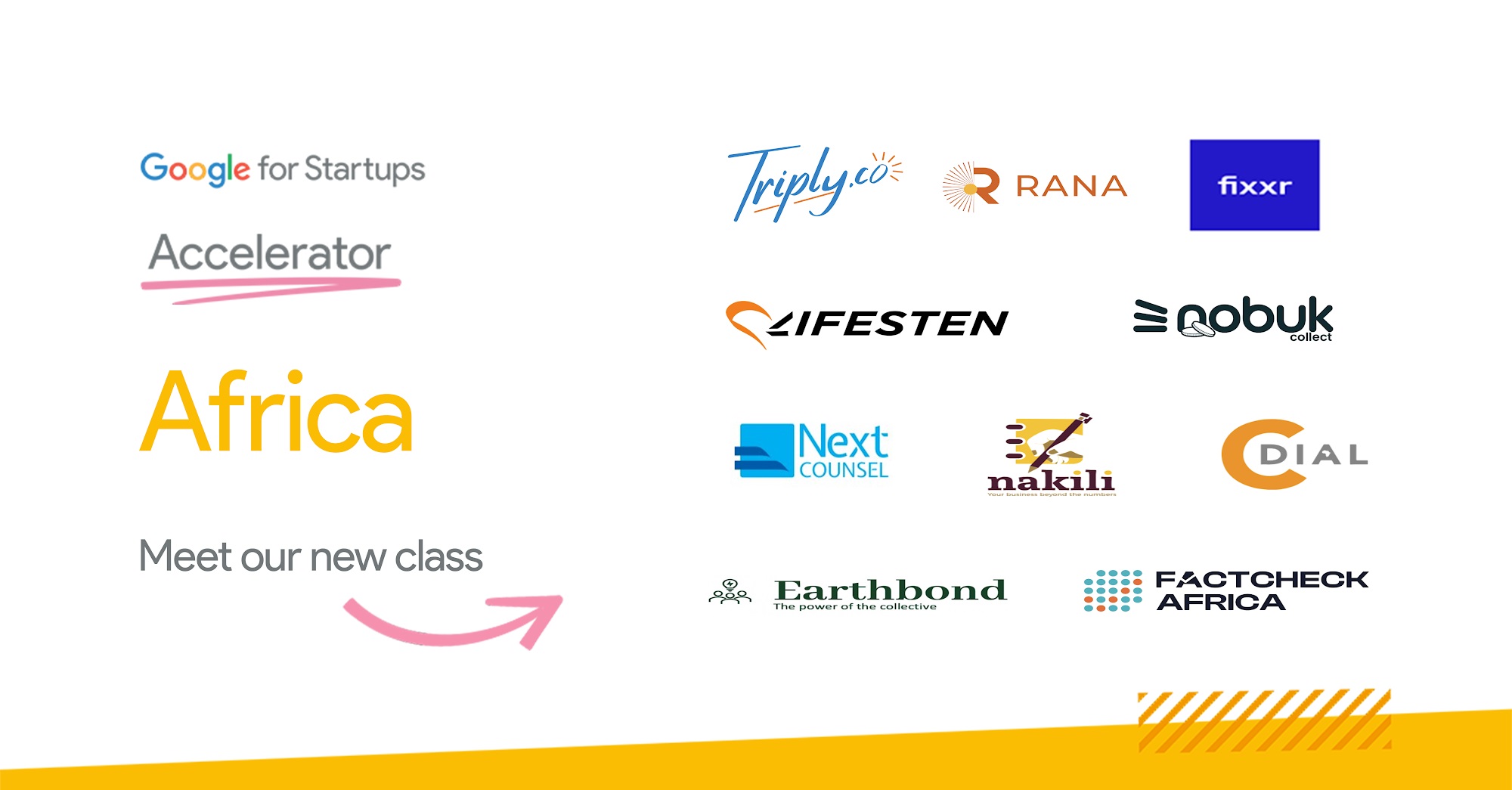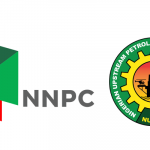Technology
The Role of Artificial Intelligence in Risk Assessment

In today’s rapidly evolving world, understanding and managing risks is more crucial than ever. Artificial Intelligence (AI) has emerged as a powerful tool that can revolutionize the way risk assessments are conducted. By combining advanced algorithms, machine learning, and big data analytics, AI has the potential to enhance accuracy, speed, and efficiency in identifying and addressing risks in various domains.
Understanding Artificial Intelligence and Risk Assessment
Before delving into the role of Artificial Intelligence in risk assessment, it is essential to have a clear understanding of what AI entails and the concept of risk assessment itself.
Artificial intelligence (AI) is a rapidly evolving field that encompasses a wide range of technologies aimed at mimicking human cognitive functions. These technologies include machine learning, natural language processing, computer vision, and more. AI systems are designed to perceive their environment, learn from data, and make decisions to achieve specific goals.
Defining Artificial Intelligence
Artificial intelligence refers to the simulation of human intelligence in machines that are programmed to learn, reason, and make decisions autonomously. These machines can analyze vast amounts of data, extract meaningful insights, and apply them to solve complex problems.
AI has the potential to revolutionize industries by automating tasks, improving efficiency, and enabling new capabilities. From self-driving cars to personalized medicine, AI applications are diverse and impactful.
The Concept of Risk Assessment
Risk assessment, on the other hand, involves the evaluation of potential risks and uncertainties associated with a particular activity, decision, or process. It plays a vital role in numerous fields, including finance, healthcare, and environmental management.
Effective risk assessment requires a systematic approach to identify, analyze, and prioritize risks. By understanding potential threats and their likelihood, organizations can implement strategies to mitigate risks and make informed decisions.
The Intersection of AI and Risk Assessment
As AI technologies continue to advance, they offer exciting opportunities to enhance risk assessment methodologies and practices.
With the rapid evolution of artificial intelligence (AI), the landscape of risk assessment is undergoing a transformative shift. AI is revolutionizing the way organizations evaluate and manage risks by leveraging cutting-edge algorithms and machine learning capabilities.
How AI Enhances Risk Assessment
AI brings several benefits to risk assessment, including increased efficiency, accuracy, and objectivity. Unlike humans, AI algorithms can quickly process vast amounts of data, identify patterns, and predict potential risks. This enables organizations to make well-informed decisions and take proactive measures to mitigate risks.
Moreover, AI empowers risk assessment processes by enabling real-time monitoring and analysis of dynamic risk factors. By continuously analyzing data streams and identifying emerging risks, AI systems provide organizations with a proactive approach to risk management, allowing for timely interventions and strategic decision-making.
Challenges at the Intersection of AI and Risk Assessment
However, there are challenges that need to be addressed when integrating AI into risk assessment processes. These include concerns about data privacy and security, potential biases in algorithms, and the necessary expertise to develop and maintain AI systems.
Ensuring the ethical use of AI in risk assessment is paramount to building trust and credibility in the outcomes generated by AI systems. In light of Quantum AI Global Trading Regulations, organizations must establish robust governance frameworks and compliance measures to uphold data privacy standards and mitigate the risks of algorithmic biases. Additionally, investing in continuous training and upskilling programs for employees is essential to foster a workforce equipped with the knowledge and skills to effectively leverage AI technologies in risk assessment, while adhering to new and evolving international standards.
AI in Different Risk Assessment Areas
The use of AI in risk assessment is not limited to a single domain. It has the potential to revolutionize risk management across various sectors.
AI technology continues to make significant strides in enhancing risk assessment practices, offering a wide range of benefits and applications in diverse fields. By leveraging advanced algorithms and machine learning capabilities, AI can provide valuable insights and predictions that empower decision-makers to proactively address potential risks.
Furthermore, the integration of AI in risk assessment processes is driving innovation and efficiency, enabling organizations to streamline operations, optimize resource allocation, and enhance overall performance.
AI in Financial Risk Assessment
In the financial industry, AI can analyze market trends, historical data, and economic indicators to predict potential risks and market fluctuations. This enables financial institutions to make informed investment decisions, manage credit risks, and prevent fraudulent activities.
The application of AI in financial risk assessment not only enhances risk mitigation strategies but also promotes market stability and fosters investor confidence. By harnessing AI-driven insights, financial institutions can navigate complex market dynamics with agility and precision, ultimately driving sustainable growth and profitability.
AI in Health Risk Assessment
In healthcare, AI can analyze patient data, medical records, and research findings to identify potential health risks or conditions. This can lead to early detection, personalized treatment plans, and improved patient outcomes.
The utilization of AI in health risk assessment is revolutionizing the healthcare landscape, empowering healthcare providers to deliver personalized and proactive care to patients. Through AI-powered risk assessment tools, medical professionals can optimize treatment strategies, improve diagnostic accuracy, and enhance patient well-being and quality of life.
AI in Environmental Risk Assessment
AI can also play a crucial role in environmental risk assessment. By analyzing environmental data, including air and water quality measurements, climate patterns, and species mapping, AI can help identify and mitigate potential risks to ecosystems and human health.
The integration of AI in environmental risk assessment represents a significant milestone in environmental conservation and sustainability efforts. By leveraging AI technologies, environmental experts can gain deeper insights into complex ecological systems, develop targeted risk mitigation strategies, and drive initiatives aimed at preserving biodiversity and safeguarding natural resources for future generations.
The Future of AI in Risk Assessment
As AI continues to advance, so does its potential in transforming the risk assessment landscape.
Predicting Trends in AI and Risk Assessment
Experts predict that AI will continue to evolve, becoming more intelligent and capable of handling complex risk assessment tasks. Machine learning algorithms will become even more accurate and efficient, enabling organizations to make smarter decisions based on real-time data.
Potential Impacts on Various Industries
The integration of AI into risk assessment will have far-reaching impacts on different industries. It will lead to improved risk management strategies, better resource allocation, and enhanced decision-making processes. However, these developments also raise ethical considerations that need to be carefully addressed.
Ethical Considerations in AI Risk Assessment
While AI brings significant benefits to risk assessment, it is vital to navigate potential ethical challenges.
Balancing AI Efficiency with Privacy Concerns
As AI relies heavily on data, privacy concerns emerge regarding the collection, storage, and usage of personal information. Striking a balance between the efficiency of AI systems and individuals’ privacy rights is crucial.
Ensuring Fairness and Transparency in AI Risk Assessment
Another important consideration is the potential biases that AI algorithms can inherit from the data they are trained on. Ensuring transparency and fairness in AI risk assessments is essential to avoid discrimination and promote trust in these systems.
Conclusion
Artificial Intelligence is revolutionizing the field of risk assessment, providing organizations with enhanced capabilities to identify, evaluate, and manage risks effectively. While challenges and ethical considerations exist, the ongoing development and responsible integration of AI into risk assessment processes hold great promise for a more secure and resilient future.
Technology
Leticia Otomewo Becomes Secure Electronic Technology’s Acting Secretary

By Aduragbemi Omiyale
One of the players in the Nigerian gaming industry, Secure Electronic Technology (SET) Plc, has appointed Ms Leticia Otomewo as its acting secretary.
This followed the expiration of the company’s service contract with the former occupier of the seat, Ms Irene Attoe, on January 31, 2026.
A statement to the Nigerian Exchange (NGX) Limited on Thursday said Ms Otomewo would remain the organisation’s scribe in an acting capacity, pending the ratification and appointment of a substantive company secretary at the next board meeting.
She was described in the notice signed by the Managing Director of the firm, Mr Oyeyemi Olusoji, as “a results-driven executive with 22 years of experience in driving business growth, leading high-performing teams, and delivering innovative solutions.”
The acting secretary is also said to be “a collaborative leader with a passion for mentoring and developing talent.”
“The company assures the investing public that all Company Secretariat responsibilities and regulatory obligations will continue to be discharged in full compliance with the Companies and Allied Matters Act, applicable regulations, and the Nigerian Exchange Limited Listing Rules,” the disclosure assured.
Meanwhile, the board thanked Ms Attoe “for professionalism and contributions to the Company during the period of her engagement and wishes her well in her future endeavours.”
Technology
Russia Blocks WhatsApp Messaging Service

By Adedapo Adesanya
The Russian government on Thursday confirmed it has blocked the WhatsApp messaging service, as it moves to further control information flow in the country.
It urged Russians to use a new state-backed platform called Max instead of the Meta-owned service.
WhatsApp issued a statement earlier saying Russia had attempted to “fully block” its messaging service in the country to force people toward Max, which it described as a “surveillance app.”
“Today the Russian government attempted to fully block WhatsApp in an effort to drive people to a state-owned surveillance app,” WhatsApp posted on social media platform X.
“Trying to isolate over 100 million users from private and secure communication is a backwards step and can only lead to less safety for people in Russia,” it said, adding: “We continue to do everything we can to keep users connected.”
Russia’s latest move against social media platforms and messaging services like WhatsApp, Signal and Telegram comes amid a wider attempt to drive users toward domestic and more easily controlled and monitored services, such as Max.
Russia’s telecoms watchdog, Roskomnadzor, has accused messaging apps Telegram and WhatsApp of failing to comply with Russian legislation requiring companies to store Russian users’ data inside the country, and of failing to introduce measures to stop their platforms from being used for allegedly criminal or terrorist purposes.
It has used this as a basis for slowing down or blocking their operations, with restrictions coming into force since last year.
For Telegram, it may be next, but so far the Russian government has been admittedly slowing down its operations “due to the fact that the company isn’t complying with the requirements of Russian legislation.”
The chat service, founded by Russian developers but headquartered in Dubai, has been a principal target for Roskomnadzor’s scrutiny and increasing restrictions, with users reporting sluggish performance on the app since January.
Technology
Nigerian AI Startup Decide Ranks Fourth Globally for Spreadsheet Accuracy

By Adedapo Adesanya
Nigerian startup, Decide, has emerged as the fourth most accurate Artificial Intelligence (AI) agent for spreadsheet tasks globally, according to results from SpreadsheetBench, a widely referenced benchmark for evaluating AI performance on real-world spreadsheet problems.
According to the founder, Mr Abiodun Adetona, the ranking places Decide alongside well-funded global AI startups, including Microsoft, OpenAI, and Anthropic.
Mr Adetona, an ex-Flutterwave developer, also revealed that Decide now has over 3,000 users, including some who are paying customers, a signal to the ability of the startup to scale in the near future.
SpreadsheetBench is a comprehensive evaluation framework designed to push Large Language Models (LLMs) to their limits in understanding and manipulating spreadsheet data. While many benchmarks focus on simple table QA, SpreadsheetBench treats a spreadsheet as a complex ecosystem involving spatial layouts, formulas, and multi-step reasoning. So far, only three agents rank higher than Decide, namely Nobie Agent, Shortcut.ai, and Qingqiu Agent.
Mr Adetona said SpreadsheetBench measures how well AI agents can handle practical spreadsheet tasks such as writing formulas, cleaning messy data, working across multiple sheets, and reasoning through complex Excel workflows. Decide recorded an 82.5% accuracy score, solving 330 out of 400 verified tasks.
“The result reflects sustained investment in applied research, product iteration, and learning from real-world spreadsheet workloads across a wide range of use cases,” Mr Adetona told Business Post.
For Mr Adetona, who built Decide out of frustration with how much time professionals spend manually cleaning data, debugging formulas, and moving between sheets, “This milestone highlights how focused engineering and domain-specific AI development can deliver frontier-level performance outside of large research organisations. By concentrating on practical business data problems and building systems grounded in real user environments, we believe smaller teams can contribute meaningfully to advancing applied AI.”
“For Decide, this is a foundation for continued progress in intelligent spreadsheet and analytics automation,” he added.
-

 Feature/OPED6 years ago
Feature/OPED6 years agoDavos was Different this year
-
Travel/Tourism10 years ago
Lagos Seals Western Lodge Hotel In Ikorodu
-

 Showbiz3 years ago
Showbiz3 years agoEstranged Lover Releases Videos of Empress Njamah Bathing
-

 Banking8 years ago
Banking8 years agoSort Codes of GTBank Branches in Nigeria
-

 Economy3 years ago
Economy3 years agoSubsidy Removal: CNG at N130 Per Litre Cheaper Than Petrol—IPMAN
-

 Banking3 years ago
Banking3 years agoSort Codes of UBA Branches in Nigeria
-

 Banking3 years ago
Banking3 years agoFirst Bank Announces Planned Downtime
-

 Sports3 years ago
Sports3 years agoHighest Paid Nigerian Footballer – How Much Do Nigerian Footballers Earn




















